Advances in low- and no-power sensing, communication and interaction technologies offer new possibilities for blending digital innovation with our physical environment.
From gesture recognition that allows people to interact with objects in new ways, to low-power sensors that collect and transmit data about temperature, air quality, urban accessibility and more, our researchers are tapping into the potential of computation to transform how we experience the world around us.
Centers & Initiatives
Accessible Accordion
Areas of Expertise
Societal Impact
Results will appear in alphabetical order.

Amazon + UW Science Hub
The Science Hub supports a broad set of programs — including fellowships for doctoral students, collaboration among researchers and support for collaborative research events — designed to accelerate artificial intelligence (AI), robotics and engineering in the Seattle area.
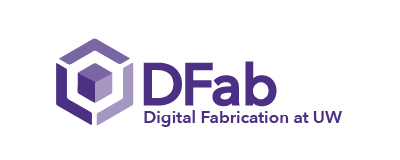
Center for Digital Fabrication (DFab)
DFab is a network of researchers, educators, industry partners, and community members advancing the field of digital fabrication at UW and in the greater Seattle region.
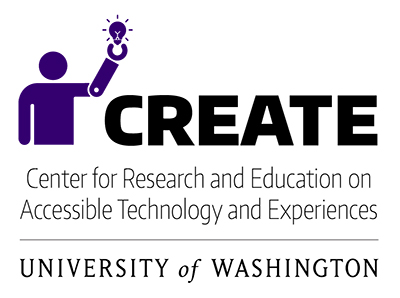
Center for Research and Education on Accessible Technology and Experiences (CREATE)
The mission of the UW Center for Research and Education on Accessible Technology and Experiences (CREATE) is to make technology accessible and the world accessible through technology. By bringing together researchers from across the campus, CREATE harnesses the diverse expertise necessary to realize a more just and equitable technological future, one that overcomes existing barriers and ensures new ones do not arise.

Computing for the Environment (CS4Env)
Computing for the Environment (CS4Env) at the University of Washington supports novel collaborations across the broad fields of environmental sciences and computer science & engineering. The initiative engages environmental scientists and engineers, computer scientists and engineers, and data scientists in using advanced technologies, methodologies and computing resources to accelerate research that addresses pressing societal challenges related to climate change, pollution, biodiversity and more.
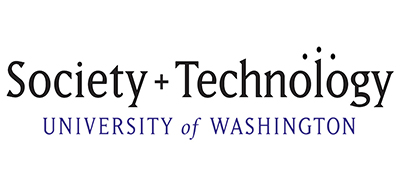
Society + Technology
Society + Technology is a cross-campus, cross-disciplinary initiative and community at the University of Washington that is dedicated to research, teaching and learning focused on the social, societal and justice dimensions of technology.
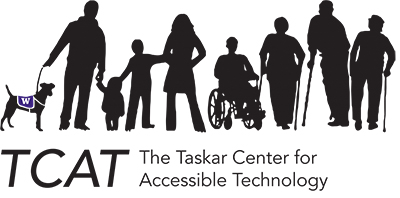
Taskar Center for Accessible Technology (TCAT)
TCAT harnesses the power of open-source technology to develop, translate, and deploy accessible technologies, and then sustain them in the hands of communities. Housed by the Paul G. Allen School for Computer Science & Engineering, TCAT centers the experience of people with disabilities as a lens for improving design & engineering, through participatory design practices, tooling and capacity building.
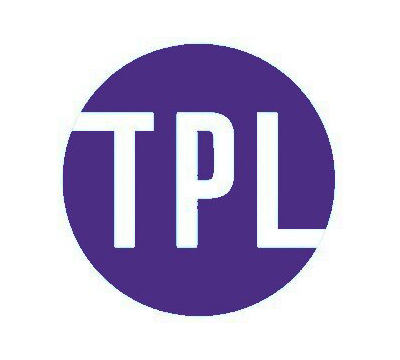
Tech Policy Lab
The Tech Policy Lab is a unique, interdisciplinary collaboration at the University of Washington that aims to enhance technology policy through research, education, and thought leadership. Founded in 2013 by faculty from the Paul G. Allen School of Computer Science & Engineering, Information School, and School of Law, the Lab aims to bridge the gap between technologists and policymakers and to help generate wiser, more inclusive tech policy.

Transportation Data Equity Initiative (TDEI)
The Transportation Data Equity Initiative (TDEI) aims to enhance the quality and accessibility of travel services by building open source data collection and vetting tools, transportation data digital infrastructure, and governance frameworks that enable public-private data sharing and interoperability. The TDEI is a project sponsored by The Complete Trip, an ITS4US Deployment Program.
Highlights
Allen School News
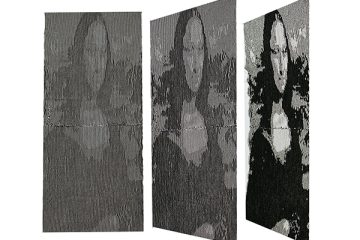
A team of Allen School researchers introduced computational illusion knitting — a design framework that helps automate the process, making illusion knitting more accessible and allowing for more complex and multi-view patterns like hidden Mona Lisas that were previously believed to be impossible.
UW News
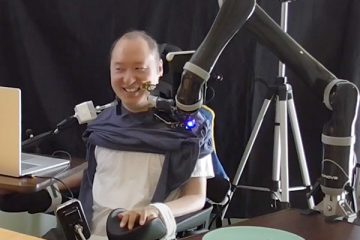
Researchers in the Allen School’s Personal Robotics Lab invited people with motor impairments to help them test the Assistive Dexterous Arm in real-world scenarios — including community researcher Jonathan Ko, who spent five days with ADA in his home.
GeekWire
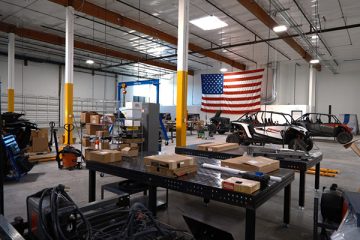
The company, which is led by Allen School robotics professor Byron Boots, opened the 22,000 square-foot facility to produce its autonomous ground vehicles capable of navigating off-road terrain in challenging environments.
